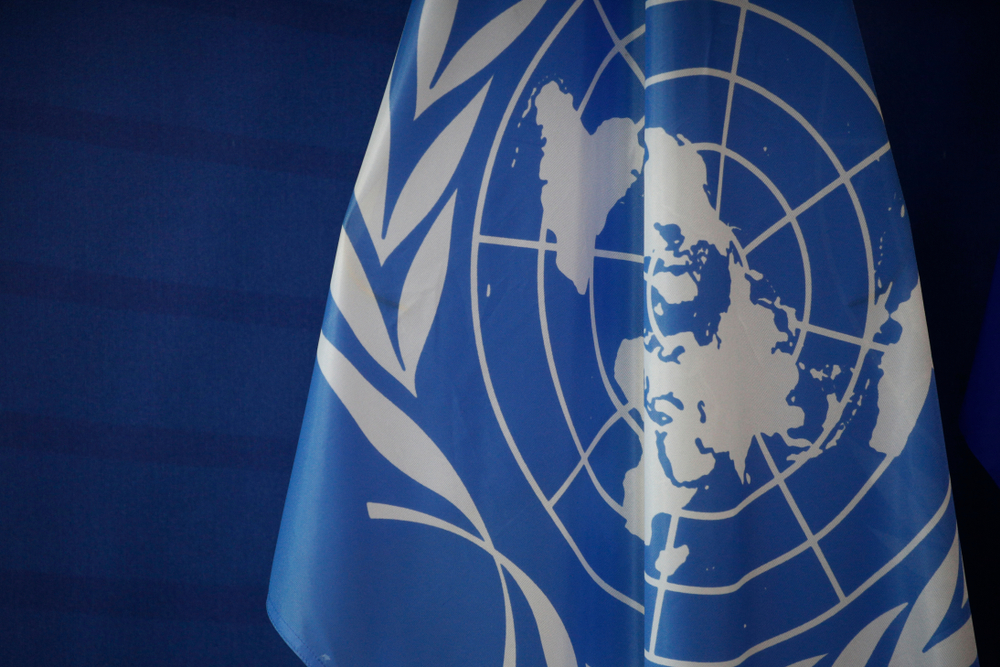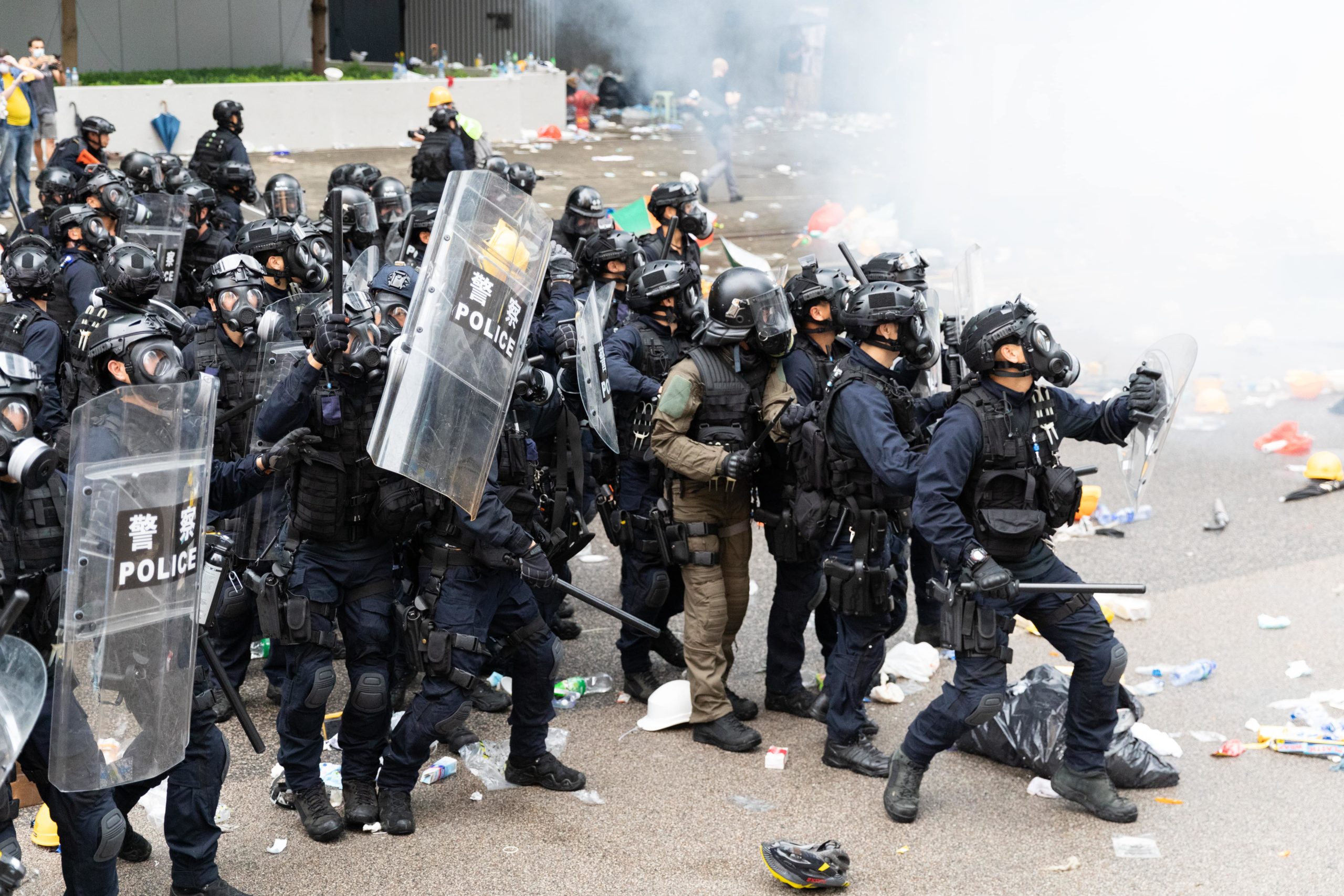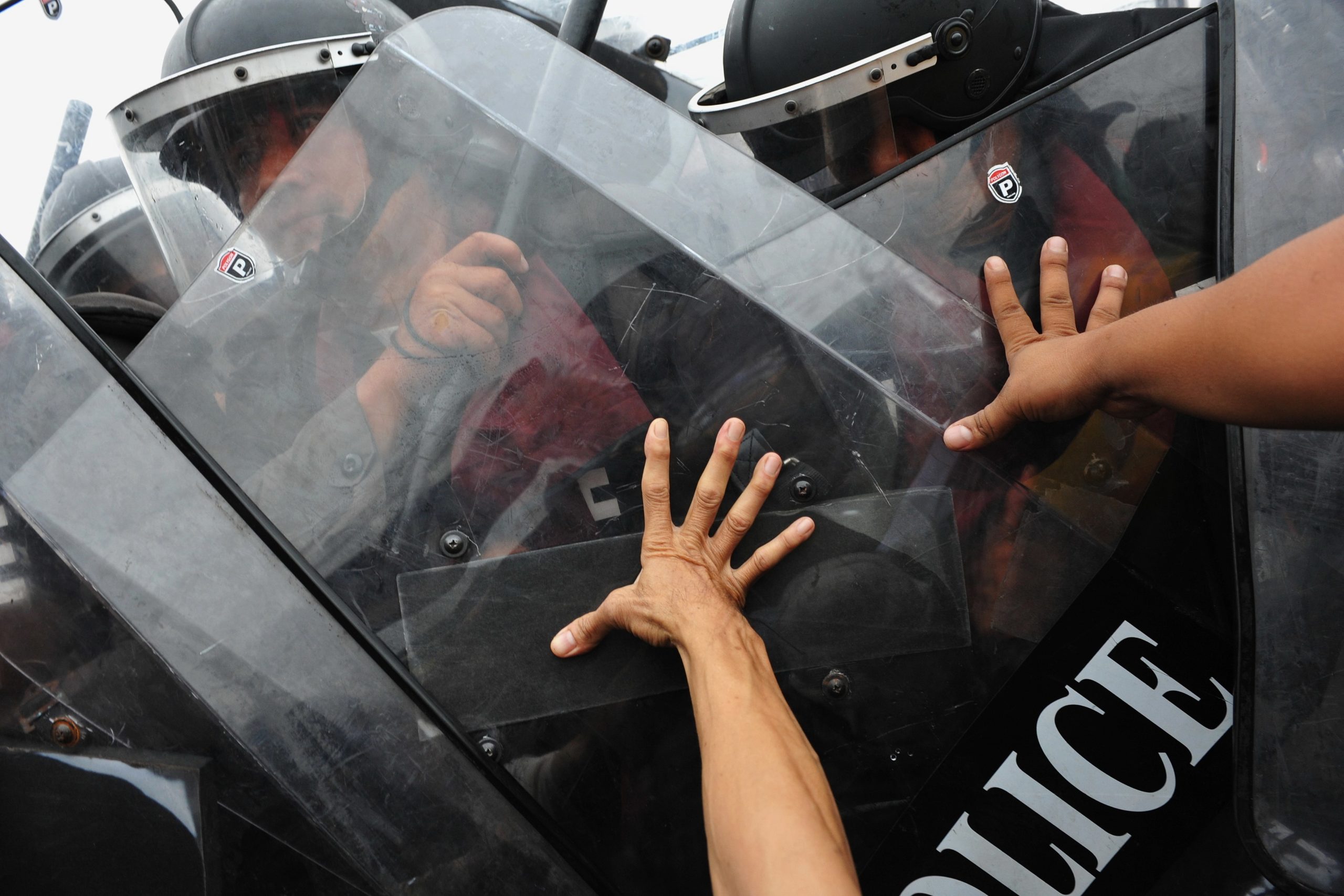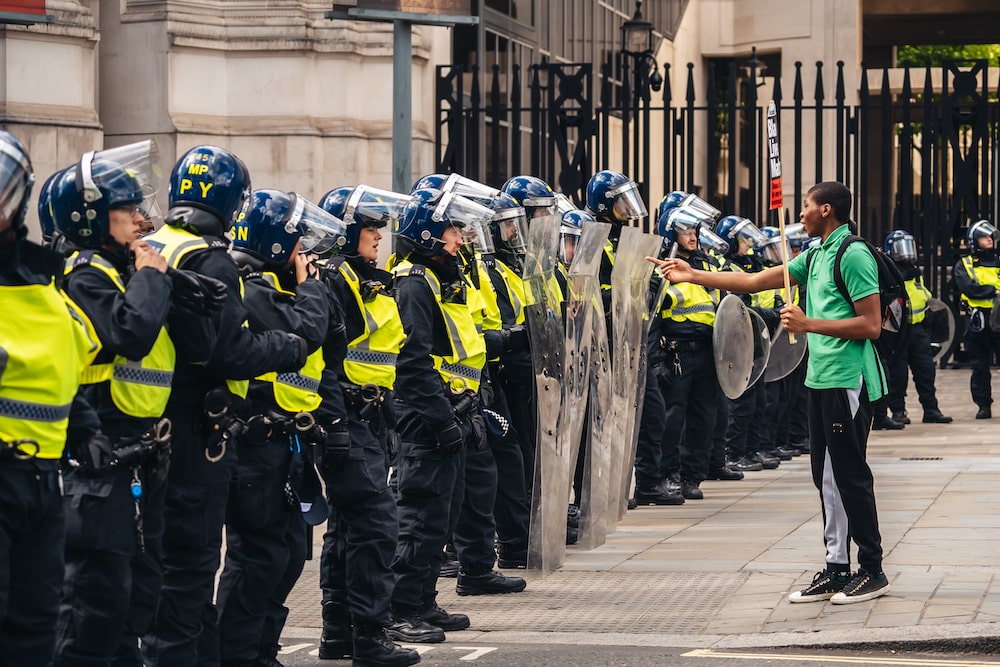
Counter-terrorism policies are cutting off civil society’s access to resources
Expert Submission to UN Special Rapporteur, based on new research with funders and Civil Society Organisations, finds counter-terrorism justified funding controls are a disaster for social justice movements/groups.
The Funders Initiative for Civil Society (FICS) has published a Submission it has made, with the Fund for Global Human Rights (FGHR), to the UN Special Rapporteur on freedom of peaceful assembly and of association concerning civil society organisations’ (CSOs) increasing difficulty accessing funding and other resources (1), and how this is a critical driver of shrinking civic space.
The Submission, based in part on a survey and interviews with funders and CSOs who regularly seek philanthropic funding, sets out how rules ostensibly designed to pre-empt ‘extremism’ and to block the financing of terrorism, are being over-applied on every continent with a chilling effect on CSOs’ ability to organize, communicate, network, travel and fund their work.
FICS Director Poonam Joshi said:
“Our joint submission to the UN Special Rapporteur highlights the alarming issues those on the frontline of critical human rights work are experiencing when they try to resource their work.
“The massive over-reach of counter-terrorism related laws and narratives now makes it much more difficult for CSOs and activists to receive foreign funding and to have secure access to banking and finance. The impacts of these attacks on CSOs’ access to material resources are devastating and an existential threat to free and open civic space.”
FICS and FGHR, who are working together in a new Global Initiative on Civic Space and Security (2), compiled the Submission to the UN Special Rapporteur to draw attention to the specific harms being done across every world region by calculated State attacks on CSOs’ sustainability under the cloak of counter-terrorism. Post 9/11 counter-terrorism norms, instituted at UN level and with strong incentives for States to implement at national level, have led to huge everyday barriers to CSOs pursuing work ranging from humanitarian relief through to democracy, human rights and economic justice work.
Civil society actors now routinely face prohibitions or arbitrary bans on receipt of foreign funds, surveillance of their activities and finances, freezing of bank accounts and assets, increased compliance costs, and very onerous registration rules and ultimately de-registration. These laws have made banks more cautious and more likely to ‘red flag’ CSO accounts, and have made some funders more inhibited about funding important human rights work.
The Submission includes case studies of the impact of attacks on CSO resourcing in India, Central America and the in the Middle East and North Africa region, including:
- Mandatory registration of CSOs in Egypt, alongside the prohibition of loosely-defined ‘political work’ and a requirement of prior approval from the security services before foreign funding can be received;
- India’s draconian ‘Foreign Contribution Regulation Act’ which prohibits the receipt of foreign funding for organisations which have a (poorly defined) ‘political nature’ or for activities which are detrimental to the (poorly defined) ‘national interest’. Local CSOs and international observers including three UN Special Rapporteurs have raised concerns that the law is blatantly being used to persecute government opponents including a wide range of social justice groups;
- The revoking of 45 CSOs’ legal status by the government of Nicaragua in 2021, which cited its ‘foreign agents law’ and money-laundering as justification for doing so; the UN reports a further 388 groups have been ‘cancelled’ since the start of 2022.
FICS Director Poonam Joshi said:
“Our starting point is the same as that of many in the human rights community: that the ability of civil society to seek, receive and use resources is inherent to the right to freedom of association. We call on States to recognise this and to repeal harmful laws. We call on banks and financial institutions to recognise their critical role here and make better efforts to understand CSO needs and operations. Without these organisations, we will all be poorer.
“Moreover, the pleading of ‘unintended consequences’ when matters such as the attack on access to resources and sustainability is exposed needs to stop. It is clear that this administrative and financial bullying of CSOs, under the guise of counter-terrorism, has extraordinary momentum and has been a dream policy for oppressive States seeking to deal with their critics. It is the duty of those developing counter-terrorism frameworks at international and national levels to predict and safeguard against human rights abuses.”
FGHR’s Program Director leading its work supporting an Enabling Environment for Human Rights Defenders, James Savage, said:
“These examples are just the tip of the iceberg. In almost every country where the Fund for Global Human Rights supports local activists working on diverse issues including good governance, preventing violence against women and children, and climate change, states are over-regulating civil society, and many are flagrantly abusing the global standards to combat money-laundering and the financing of terrorism. If societies are to successfully navigate the next pandemic, the climate crisis, and a multitude of other challenges, these critical local actors must be able to operate in a free civic space.”
FICS’ and FGHR’s work together in Civic Futures is calling on the funding community to adopt a more joined up and strategic approach to tackling the existential threat to civic space posed by counter-terrorism over-reach. New collaborators are always sought to further this work.
ENDS
Notes to editor:
- The UN Special Rapporteur on freedom of peaceful assembly and of association made a call for submissions on civil society’s access to resources in advance of a report he will make at the UN Human Rights Council session beginning 13 June 2022.
- Civic Futures, a collaboration between FICS and FGHR, seeks to draw attention to the harm being done to civic space and the civil society actors within it by over-reaching counter-terrorism policies and narratives, and to motivate the funding community to move more resources into strategic work to tackle this.



